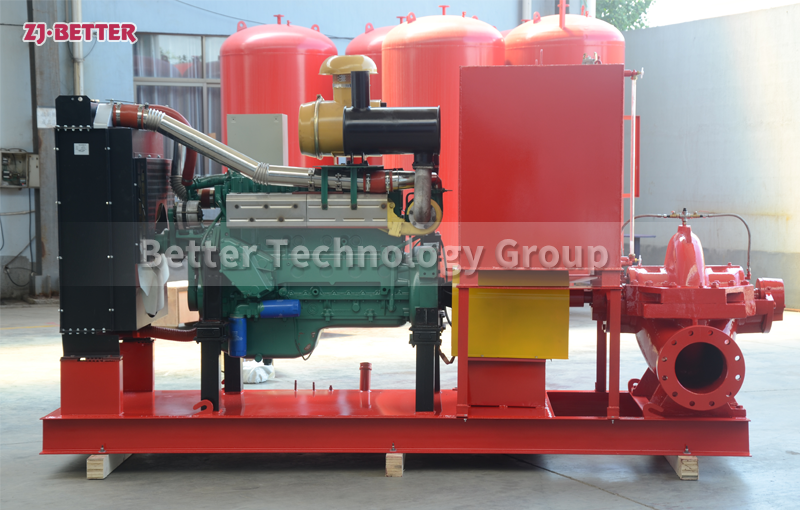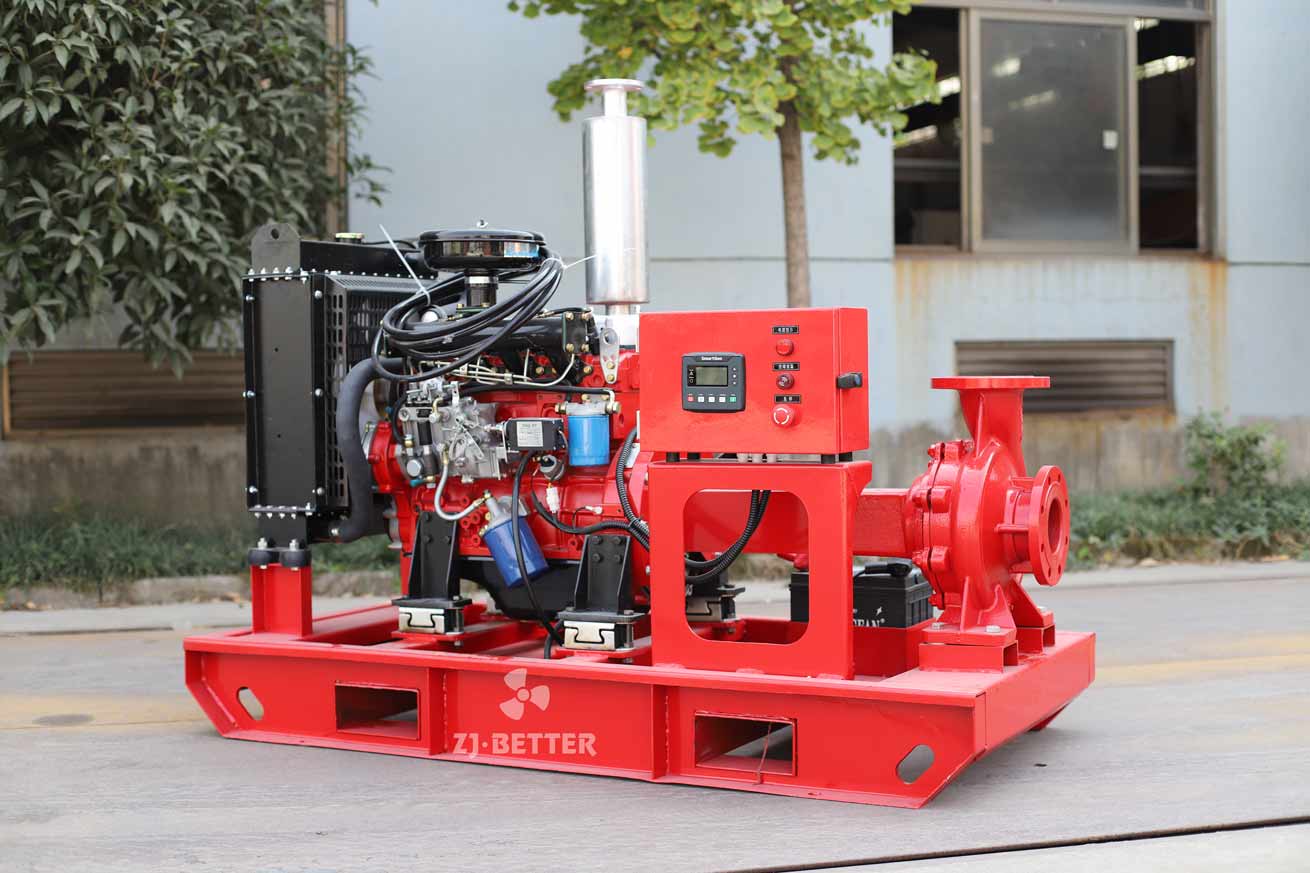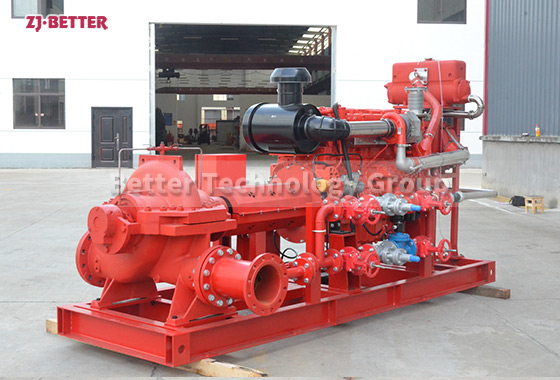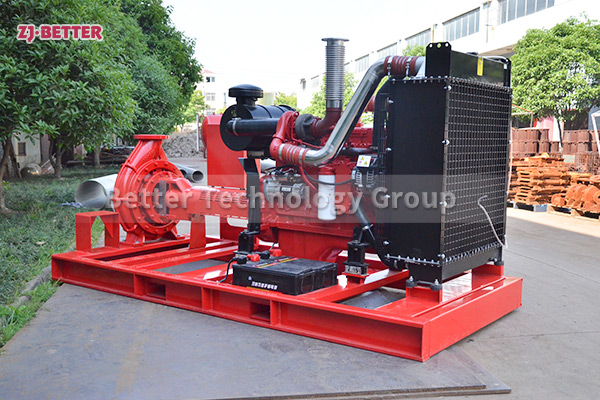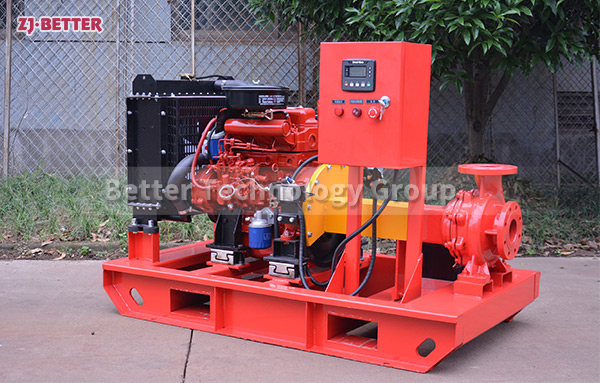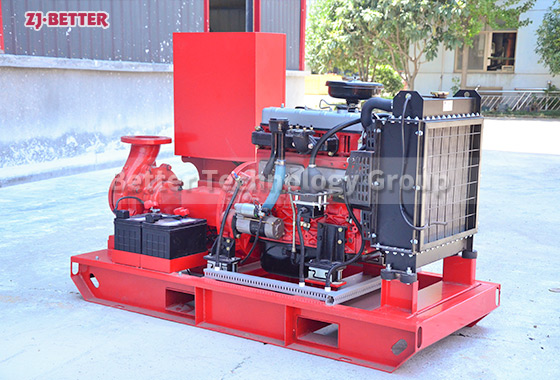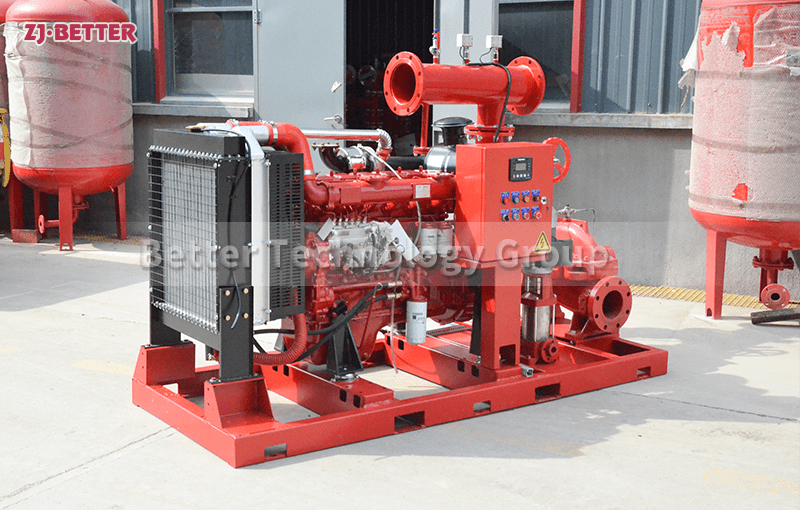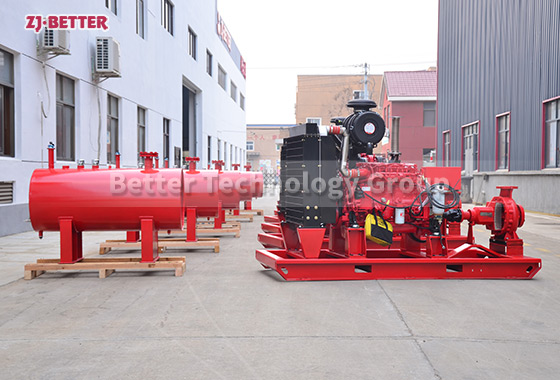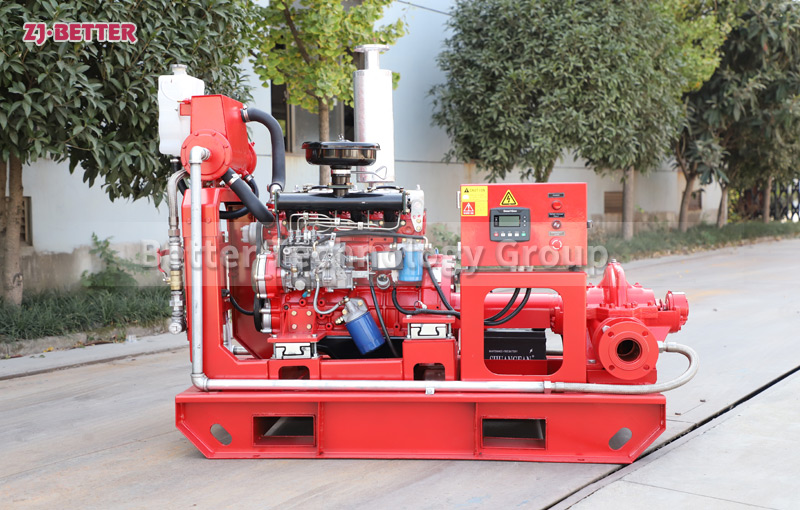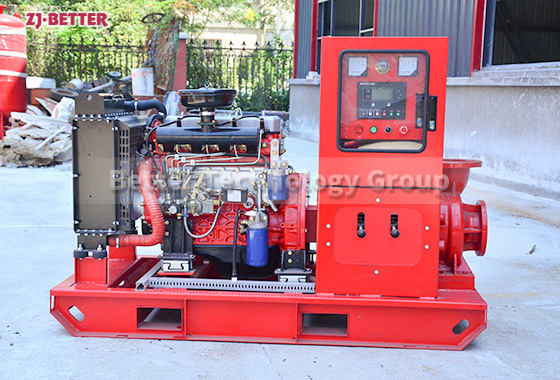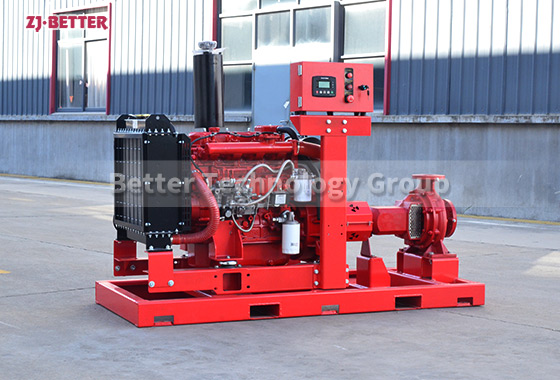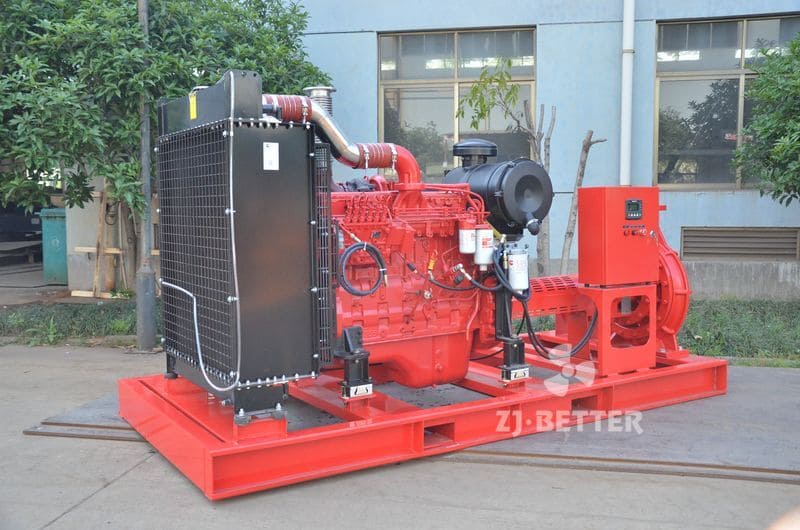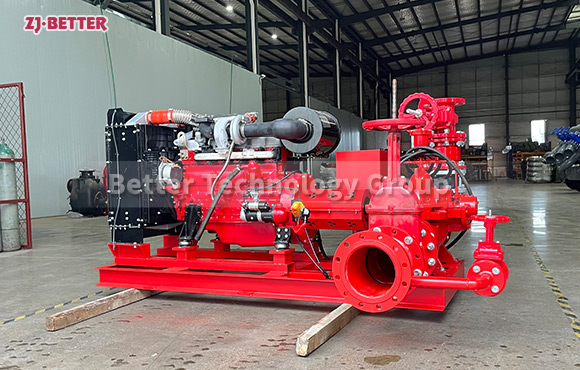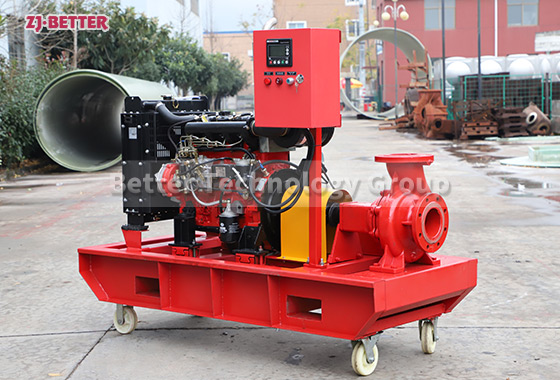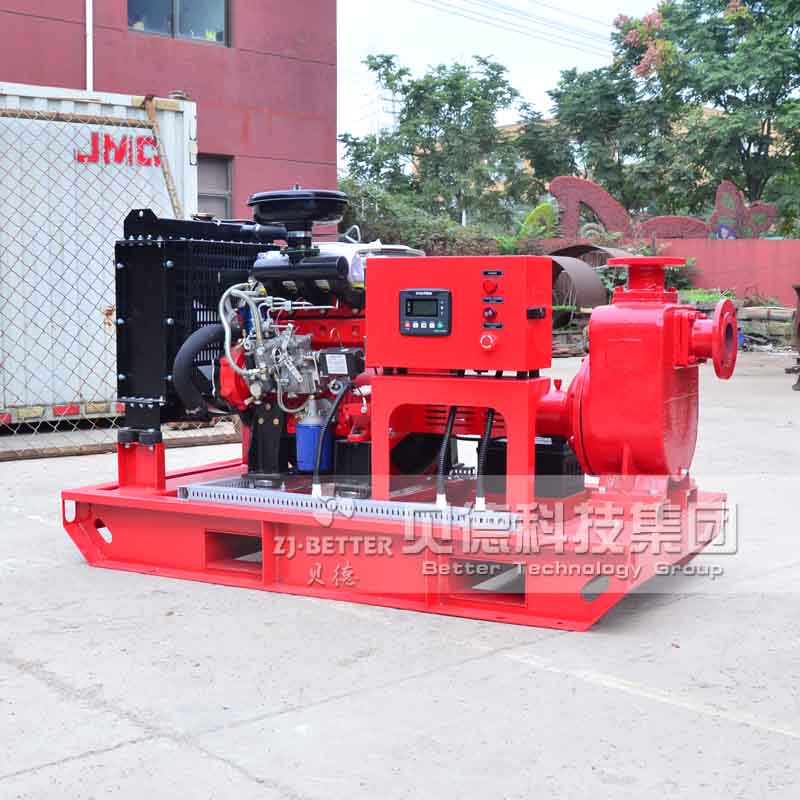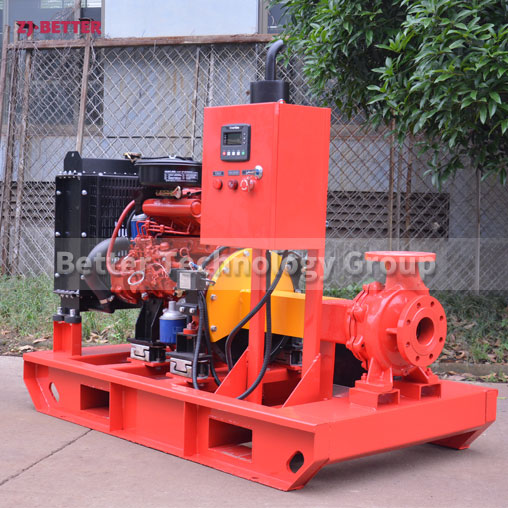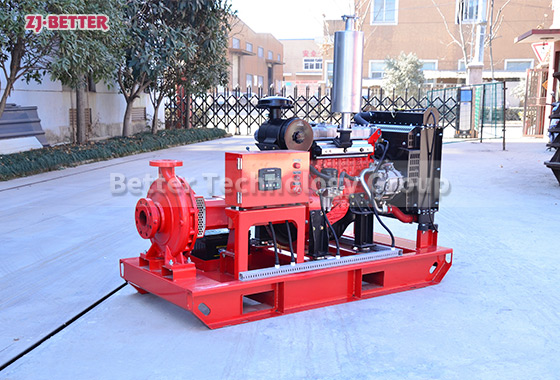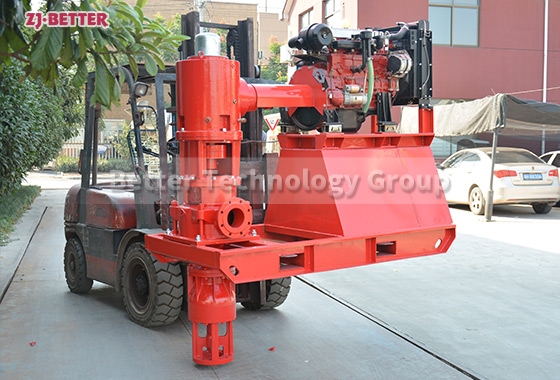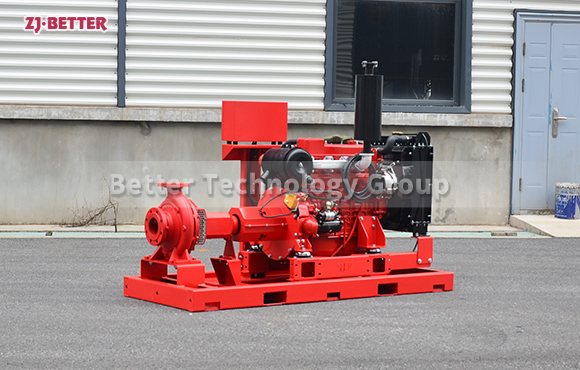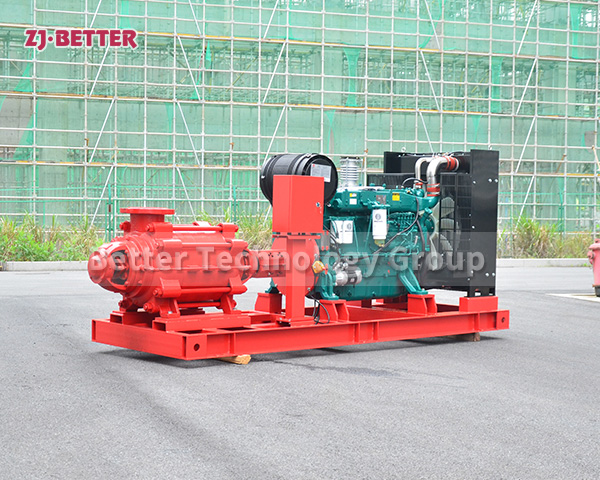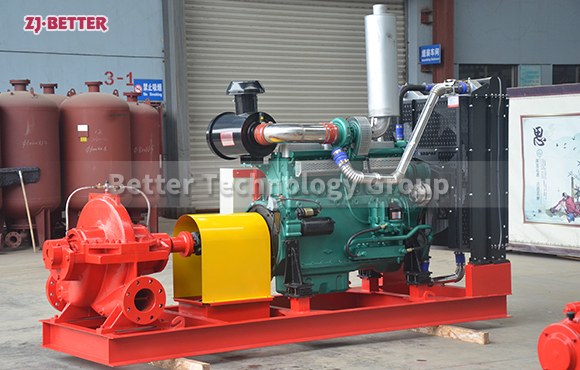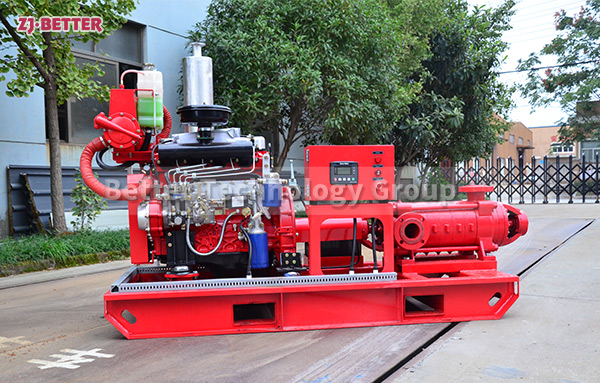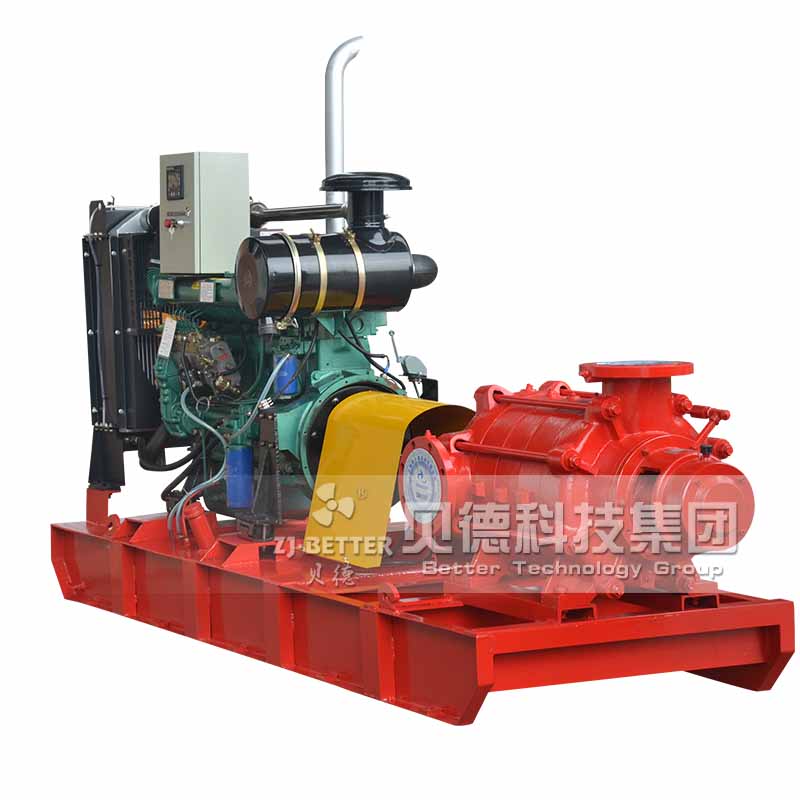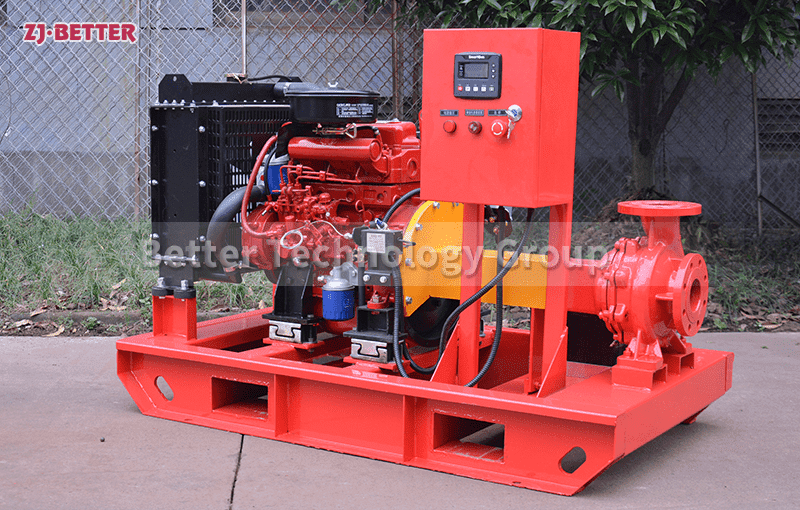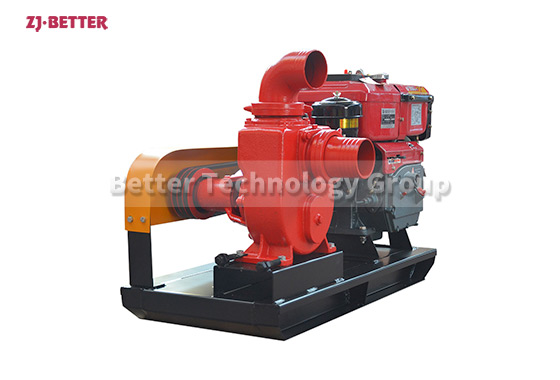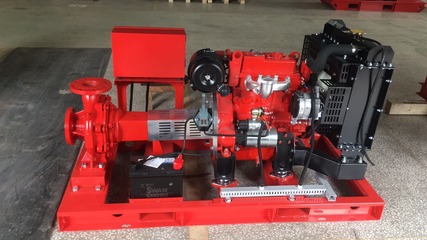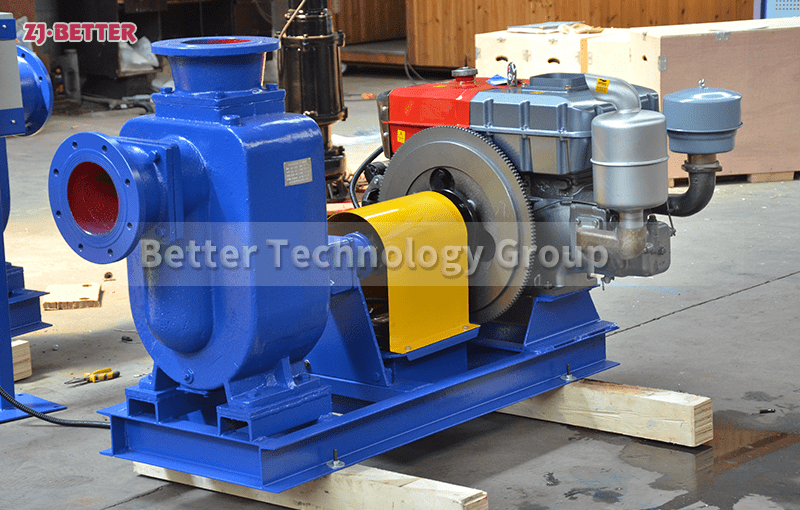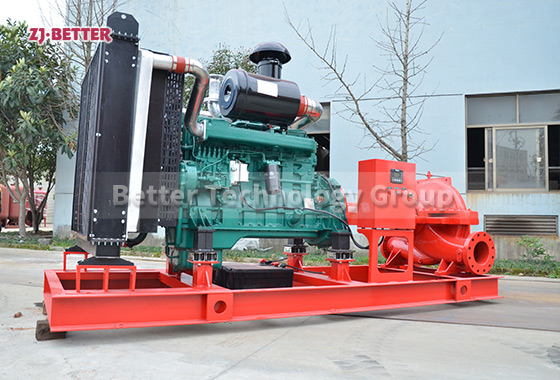Routine maintenance of diesel engine fire pump
In order to match the life cycle of the fire pump, the inspection of the diesel engine and the fire pump should be checked regularly, and attention should be paid to the matching degree of the replaced or repaired parts and timely adjustment and correction. We need to check the fuel tank storage and oil quality of the diesel engine fire pump daily; the usage of the battery; (Different brands of diesel engines may be different, and should be inspected and maintained according to the specific model and structure of the diesel engine). If you encounter problems that cannot be solved by yourself, you should first communicate with the manufacturer to solve them.
Diesel engine fire pump is a good water supply equipment, whether it is general water supply or fire water supply, it is widely used. As long as you choose the appropriate model to match the application, and do a good job of inspection and maintenance, the diesel engine fire pump will basically not fail. Diesel engine fire pumps are highly automated, and can be equipped with different operating systems according to the needs of use. They have strong overload capacity, convenient maintenance, and good start-up characteristics. Since there are so many advantages in use, the daily inspection and maintenance work should be more meticulous. The daily maintenance of the diesel engine fire pump must check the fuel tank, battery, transmission connection plate, connecting screws, check the three leaks (water, oil, gas) – check the sealing surface of the oil pipe and water pipe joint, etc.

